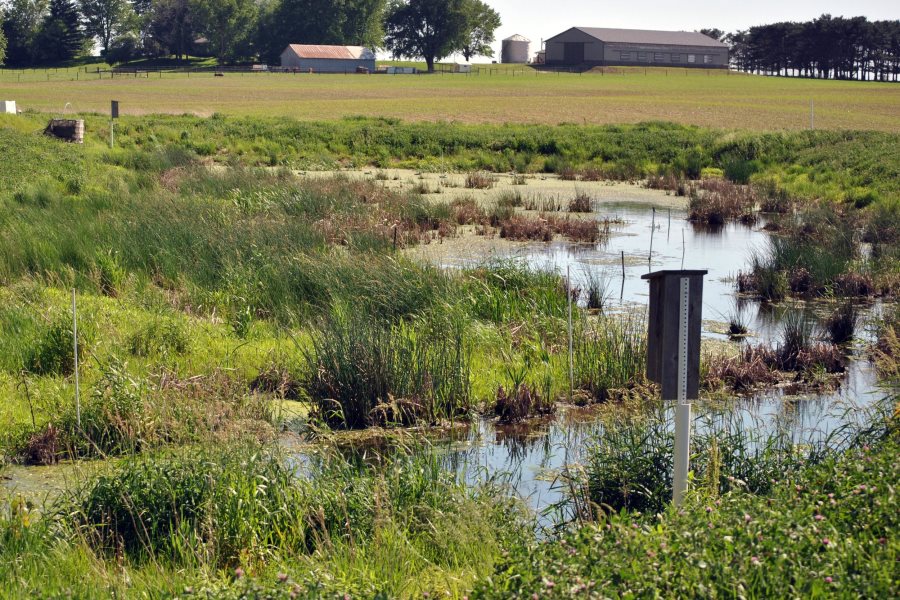On February 21, 2023, the University of Georgia‘s Institute for Resilient Infrastructure Systems (IRIS) and Ducks Unlimited launched an innovative graduate program to usher in a new generation of engineers with a focus on climate resilience and restoring natural infrastructure, as called for in the 2020 book, RECONOMICS: The Path To Resilient Prosperity.
The Natural Infrastructure Graduate Fellowship has several funded graduate research assistantships available to conduct both practice-oriented and basic research in the growing field of natural infrastructure:
- Natural infrastructure methods and engineering guidance;
- Tool development;
- Cost and economic analysis;
- Monitoring and adaptive management; and
- Social dimensions of climate resilient infrastructure with an emphasis on integration of natural and conventional systems.
Graduate students will have internship opportunities to join interdisciplinary project delivery teams with private sector and government partners who are national leaders in planning, design, implementation and monitoring of real-world natural infrastructure projects.
Students will benefit from IRIS’s position as a founding partner of the Network for Engineering with Nature, which offers extensive partnerships across private and public sectors.
Ducks Unlimited, a world leader in wetlands restoration, has pioneered the identification, design and delivery of natural infrastructure.
Ducks Unlimited employs a suite of nature-based engineers to restore wetland habitats.
This work has resulted in more than 15.5 million acres of wetland and grassland habitats conserved in all 50 states plus Canada and Mexico.
Communities and organizations are increasingly turning to wetlands and other natural infrastructure solutions to combat the impacts of climate change.
Wetlands play a key role in storing and slowly releasing stormwater runoff, holding water during drought periods and protecting coastal regions from erosion.
This program is designed to build a new cohort of scientists and engineers who have the skills and knowledge required to help create a more resilient world.
A career in natural infrastructure allows students to apply complex engineering concepts to the natural world, improving quality of life for people and growing habitat for hundreds of species of wildlife.
Program fellow Stevens Charles said he is excited to apply new concepts to long-term landscape challenges. “After being introduced to green infrastructure, I fell in love with the concept, in particular infrastructure that solves both environment and climatic problems along with urban problems using natural processes,” he said.
“With the current state of the nation’s declining infrastructure, I believe this is the future and I am glad that I can provide value in the advancement of green infrastructure,” he added.
The University of Georgia is accepting program applications and has already launched its first cohort of students.
Photo of restored wetland on an Illinois farm is courtesy of Ducks Unlimited.

